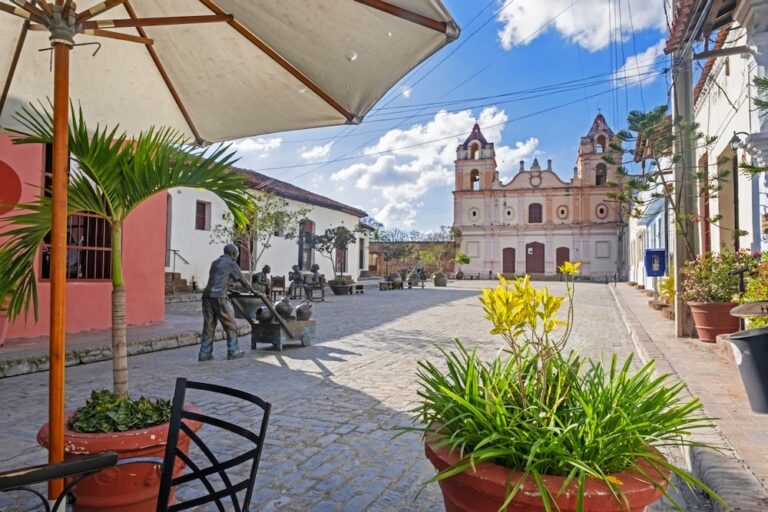(CPJ/IFEX) – The following is a CPJ press release: CUBA: CPJ awardee granted asylum in the United States New York, March 29, 2002-Cuban independent journalist and CPJ International Press Freedom awardee Jesús Joel Díaz Hernández has left Cuba for the United States, where he has been granted political asylum. Díaz Hernández arrived in the United […]
(CPJ/IFEX) – The following is a CPJ press release:
CUBA: CPJ awardee granted asylum in the United States
New York, March 29, 2002-Cuban independent journalist and CPJ International Press Freedom awardee Jesús Joel Díaz Hernández has left Cuba for the United States, where he has been granted political asylum.
Díaz Hernández arrived in the United States on March 21 and has settled in Fort Worth, Texas.
Díaz Hernández, formerly the executive director of the independent news agency Cooperativa Avileña de Periodistas Independientes (CAPI), served two years in prison under degrading conditions after a 1999 sham trial in which he was convicted of “dangerousness,” a crime unknown outside Cuba.
In November 1999, CPJ honored Díaz Hernández with an International Press Freedom Award. In January 2001, after having served half of his prison term, Díaz Hernández was released. He immediately returned to work for CAPI.
Among the reasons Díaz Hernández cited for his departure for exile were the harassment he was constantly subjected to after going back to his work as an independent journalist and the “imminence of jail.”
“It’s a difficult moment because I have left behind other colleagues who are going through hard times,” Díaz Hernández told CPJ.
Díaz Hernández is one of many journalists who have left Cuba in recent years because of official harassment and threats against them and their families. According to estimates by Cuban journalists, about 50 independent journalists have left the island since 1995, the year that for many marks the emergence of the independent press in Cuba.
In Cuba all media is state-owned and is largely charged with spreading the official views of the Cuban government. Independent journalists, who try to cover issues that are neglected by the official press, usually file their reports by phone to radio stations and Web sites based in Miami and Spain.
In some cases, the Cuban government has denied exit permits to journalists who have already obtained a visa to travel to other countries. Other journalists invited abroad are allowed to leave Cuba only if they promise never to return. As a political refugee, Díaz Hernández has effectively no chance of returning to Cuba under the current regime.
One Cuban journalist remains in jail as of today. Bernardo Arévalo Padron, a journalist who was jailed in 1997 for “disrespecting” Cuban president Fidel Castro Ruz and Cuban State Council member Carlos Lage, continues to be held in a labor camp despite being eligible for parole. His health has suffered as a result of his prolonged imprisonment.
For more information about press freedom conditions in Cuba, visit www.cpj.org. CPJ is a New York-based, independent, nonprofit organization that works to safeguard press freedom around the world.


